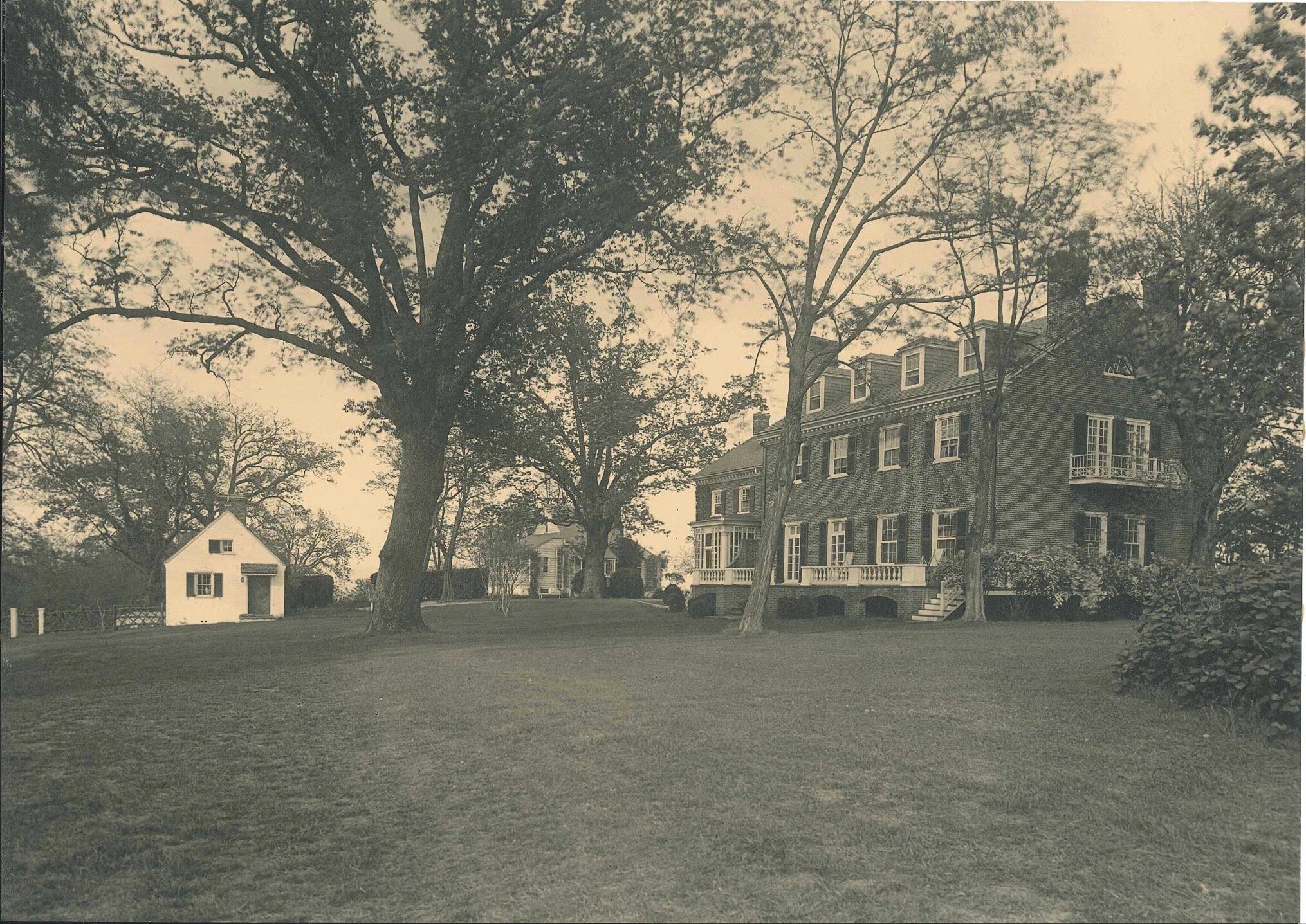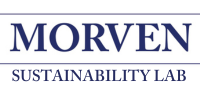
History of Morven
Updated Morven History pages coming soon!
The Sustainability Lab is currently working in partnership with students, faculty, and community members to update the history pages of this website. Stay tuned via our newsletter for updated information regarding Morven’s history
Morven Summer Institute 2022: UVA Student Storymap Project on Morven’s History. Credit to Gina Lee, supervised by Professor Scot French and Morven Historian Lenora McQueen.
Updated Morven History Pages Coming Soon!
Indian Camp & 19th Century
Indigenous tribes inhabited the Charlottesville area in the 17th century, migrating westward with the arrival of European settlers. In 1730, land encompassing today’s Morven was part of a 9,350-acre royal land grant to John Carter.
On April 20, 1795, Thomas Jefferson purchased the tract, called Indian Camp on behalf of his “adoptive son,” Colonel William Short.
Morven in the 20th Century
The Stone family purchased Morven in 1926 and converted the property into a successful stud farm. Morven became well known for racehorse breeding. In addition to the farm buildings built by the Stones, they added the formal gardens, designed by the leading New York landscape architect Annette Hoyt Flanders, in 1933.
Kluge & the Gift
In 2001, John Kluge donated 7,379 acres of Albemarle County property to the University of Virginia Foundation, including Morven Farm, to be used for educational and charitable purposes while maintaining the character of a traditional Albemarle County estate.




